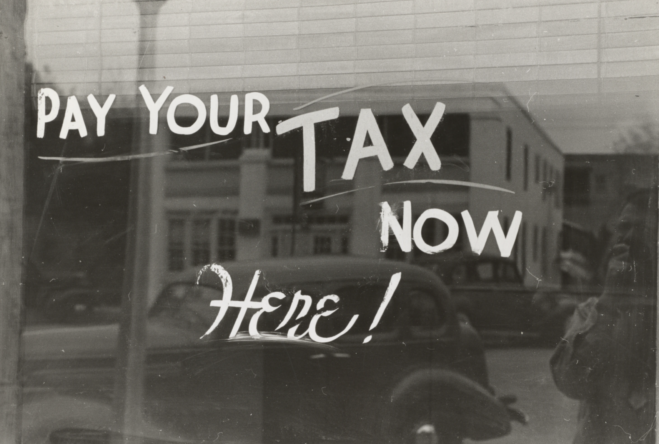
When it comes to the world of investments, one term that often pops up is “capital gains tax.” But what exactly is it, and how does it affect your finances?
More importantly, how can you reduce the impact of this tax? Let’s delve into the world of capital gains tax and discover strategies to minimize its effect.
What is Capital Gains Tax?
Capital gains tax is a levy you pay on the profit made from selling an asset, which could be real estate, stocks, or even precious metals. There are two types:
- Short-Term Capital Gains: This applies if you’ve owned the asset for less than a year before selling it. It’s typically taxed at your regular income tax rate.
- Long-Term Capital Gains: If you’ve held onto the asset for more than a year, you’ll be subject to this tax. Rates vary based on your income but are generally lower than short-term rates.
Why Does It Matter?
The key difference between the two types is the rate at which they’re taxed. Short-term gains can be taxed much higher, meaning you’ll keep less of your profit.
Minimizing Capital Gains Tax
Now that we’ve got the basics covered, let’s explore some strategies to reduce the capital gains tax burden:
- Hold Onto Assets: One of the simplest strategies is to hold onto your investments for over a year. This moves your assets into the long-term category, which has a lower tax rate.
- Utilize Tax-Advantaged Accounts: Investment vehicles like IRAs or 401(k)s can shield you from immediate capital gains taxes.
- Offset Gains with Losses: This strategy, known as “tax-loss harvesting,” involves selling off investments that have lost value to offset the capital gains tax on assets that have gained.
- Gift Your Investments: If you’re looking to support loved ones or charitable causes, consider gifting your investments. This can sometimes reduce the capital gains tax or even eliminate it.
- Consider Real Estate Exclusions: If you’re selling your primary home, you might qualify for an exclusion, which means a certain amount of profit will not be subject to capital gains tax.
- Plan with a Professional: Taxes, especially related to investments, can be complex. It’s a wise idea to consult with a financial planner or tax professional who can guide you based on your specific situation.
Final Thoughts
Understanding capital gains tax is essential for anyone involved in investments. By planning and implementing smart strategies, you can potentially save thousands of dollars over your investing lifetime.
Always remember that while it’s essential to be aware of taxes, investment decisions should align with your broader financial goals. And when in doubt, seek guidance to ensure you’re making the most of your money!
NEXT: Why Do We Pay Taxes When the Government Can Print Money? Decoding the Enigma
Disclosure: The information provided by The Financial Genie is for informational purposes only. It should not be considered legal or financial advice. You should consult with an attorney or other professional to determine what may be best for your individual needs. The Financial Genie does not make any guarantee or other promise as to any results that may be obtained from using our content. No one should make any investment decision without first consulting his or her own financial advisor and conducting his or her own research and due diligence. Additionally, some of the organizations with products on our site may pay us a referral fee or affiliate commission when you click to apply for those products.